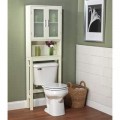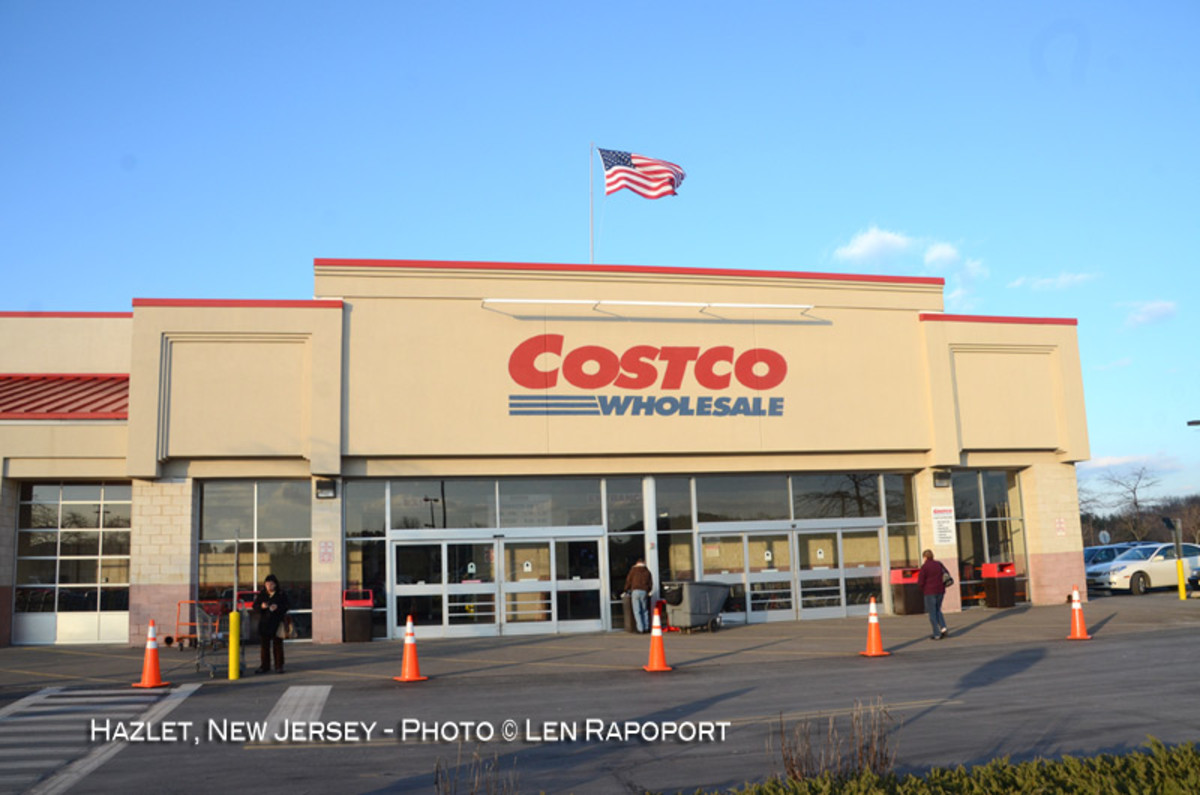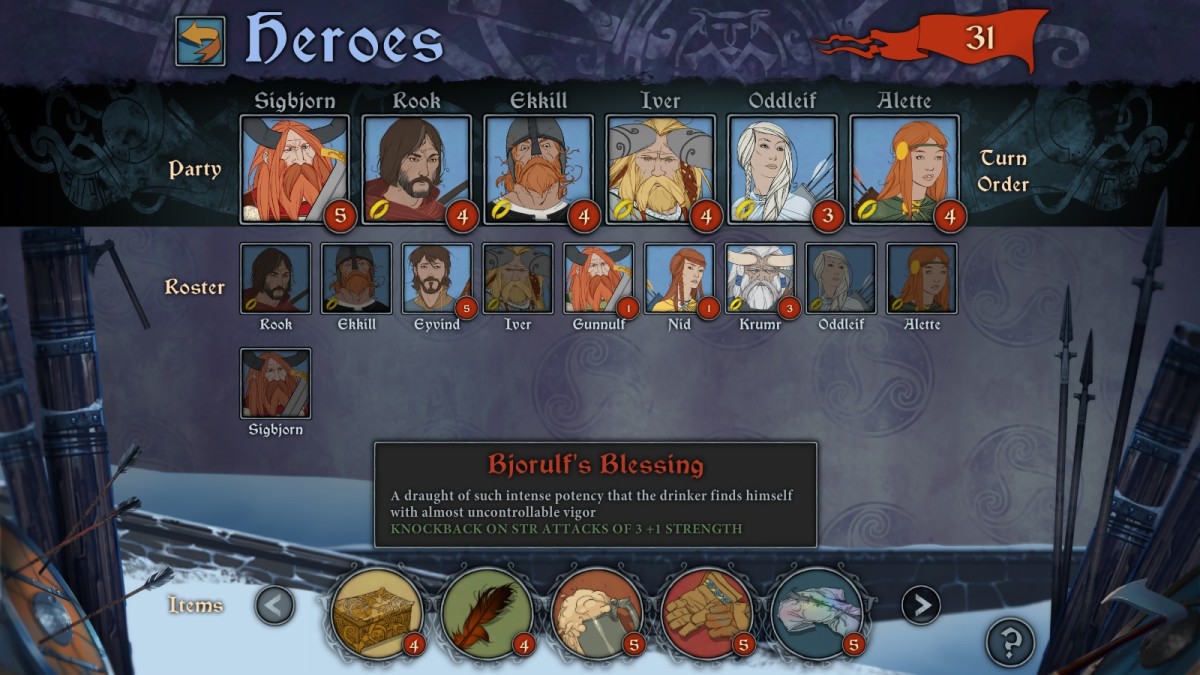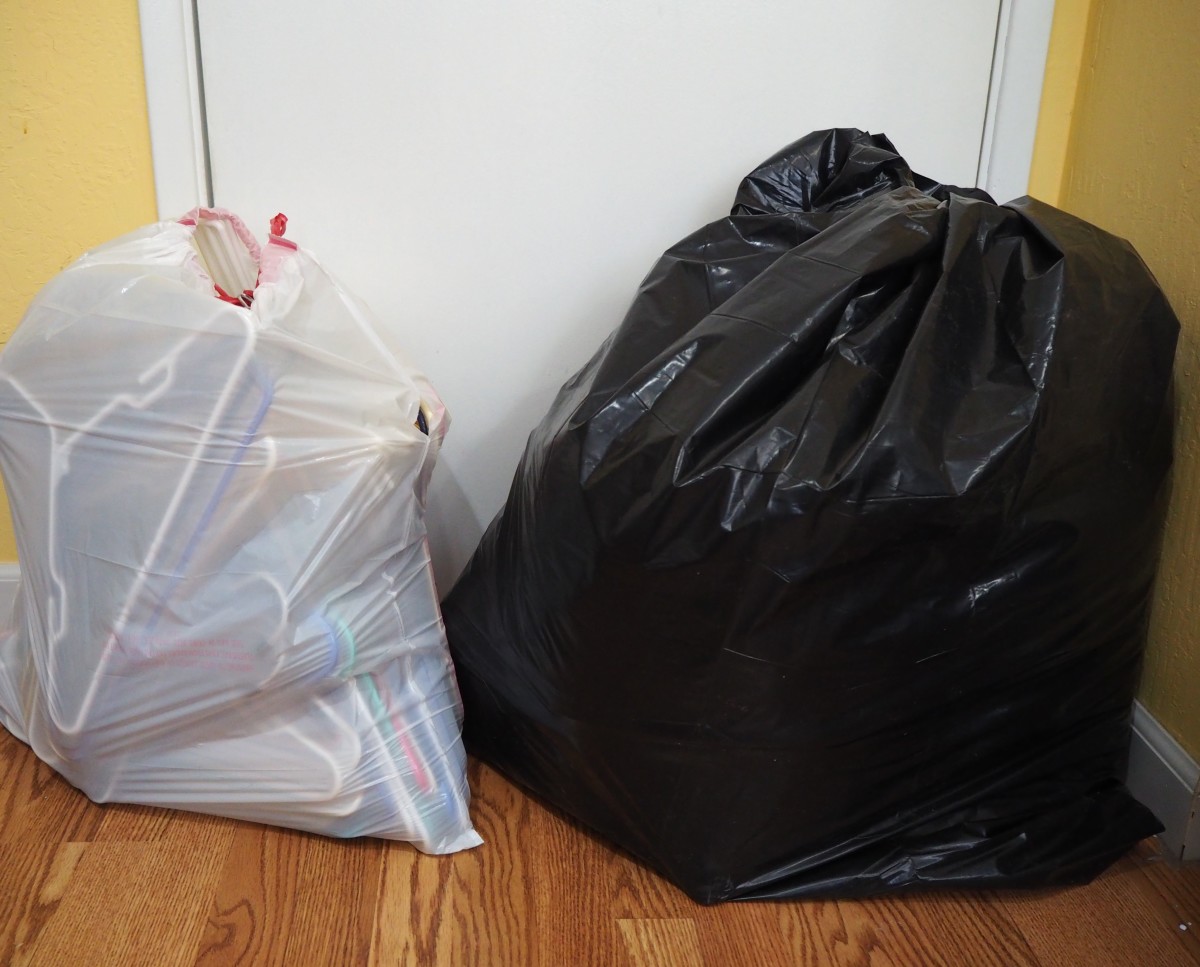- HubPages»
- Home and Garden»
- Cleaning»
- Organizing & Decluttering
It’s Okay to Let Go of Your Stuff
Holding onto Your Stuff
You might be holding onto stuff for a myriad of reasons – how much the items cost, the fact that you never used the things, that they were gifts, and so on. However, I think the main reason people hold onto things is because they think, “What if I need it someday in the future?” and they keep the items just in case.
While you may feel this is the wise decision, it’s counterproductive to your decision to declutter. Let’s face it, you can’t clear your space and keep everything. When I talk to people about decluttering, they admit that the excess in their home has them feeling stressed and overwhelmed.
The solution? Look at the stuff in your home in different ways.
Keeping Everything Creates Chaos
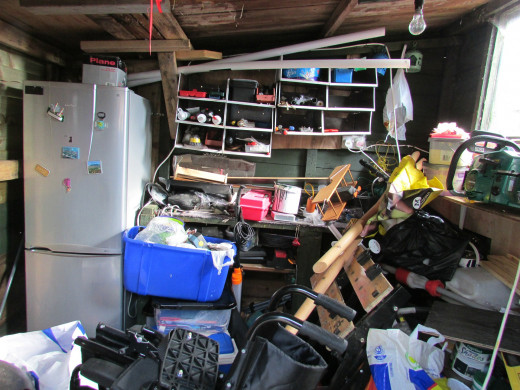
Questioning Your Reasons for Holding onto Stuff
will open your eyes to the decisions you’re avoiding making.
Finding a Place for Your Items
If you think you should hold onto your stuff ‘just in case’ you need it some day in the future, consider asking yourself a few questions.
When is the last time you used the item? Ignore the decluttering advice that tells you to get rid of things that you haven’t used in the past six months to a year, particularly if that feels harsh or unrealistic for you. But, if you got rid of the item, what’s the worst thing that could happen? Another way to look at this situation – What’s different about your future self that makes them more likely to use the item than your present self?
Being honest about your use of your possessions (or, even, your appreciation of decorative items) can give you a hint as to your potential use of an item. And, keep in mind, if you keep a lot of stuff, it will be more difficult to locate items that you’ve held onto.
Would you buy this item again? This item asks for some honesty. Would you rather have the money spent on the item or the item itself? The Minimalists Ryan Nicodemus and Joshua Fields Millburn have a guideline called the 20/20 Rule – if you can replace an item in less than 20 minutes for less than $20, let it go. Chances are that you won’t end up buying the item again.
What’s more important?
Your space or these things?
Reaching a Goal with the Help of Your Possessions
Some of the items you’ve purchased over the years may fall into the category of aspirational clutter. These are the things you bought to help you achieve a goal, but you’ve never or rarely used the items. Does this possession add value to your life right now? Or, do these things bring up feelings of guilt or disappointment because you’re not working toward a goal you thought was important.
Does this item help you reach a goal you are actively pursuing? Holding onto items without a plan means that it’s unlikely you’ll use them.
Organizing Excess Will Leave You Exhausted and Frustrated

Clutter is Delayed Decisions.
— Barbara HemphillDeciding on the Importance of Your Items
Imagine that you had an hour to pack up the things most important to you before leaving your house. You don’t know if the things you leave behind will be there when you return. What are you going to take with you in an emergency?
Or, if on your death bed, would you regret getting rid of an item?
While death and disaster may seem like harsh situations to base your decisions on, these scenarios can offer a lot of clarity, particularly when it comes to keeping or letting go of items you feel obligated to keep.
An obligation could be a family heirloom that you dislike or feel no connection to (say, your mother’s wedding china that never leaves its storage box or an ugly and uncomfortable chair that your grandfather built). If you could leave these items behind in the face of a disaster, you know this item isn’t a priority for your life.
You could see if someone else in your family finds the item important to them. If not, it’s okay to sell, donate, giveaway, or trash the item. However, if you would want to spend your final moments gazing upon the item, then that also clarifies what it means to you.
Focusing on Your Goals Is Important when Decluttering

Making a Final Decision
If thinking of getting rid of items has you feeling nervous, focus instead of what you want to keep. What things do you use all the time? What do you love looking at and knowing it’s yours? If, for some reason, you were filling a new space with new (or new to you) items, what things would you be happy to invite into your home?

